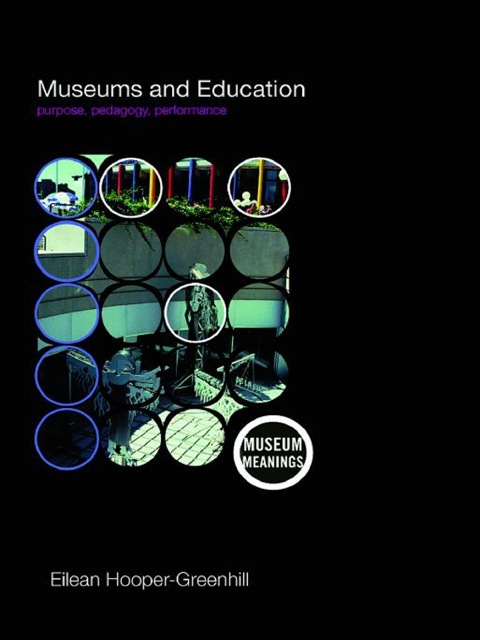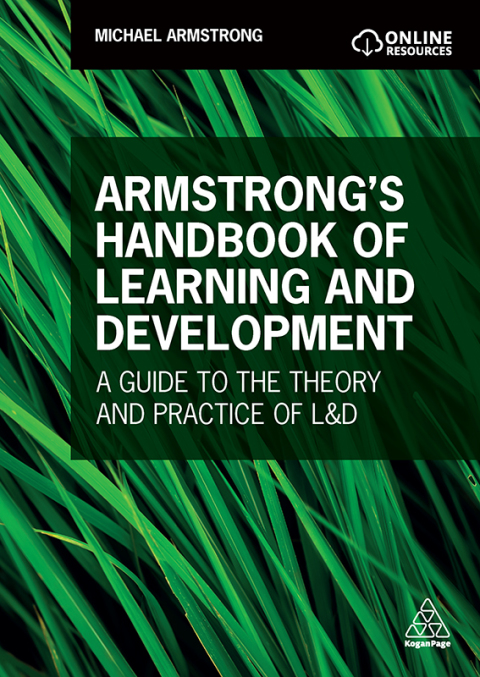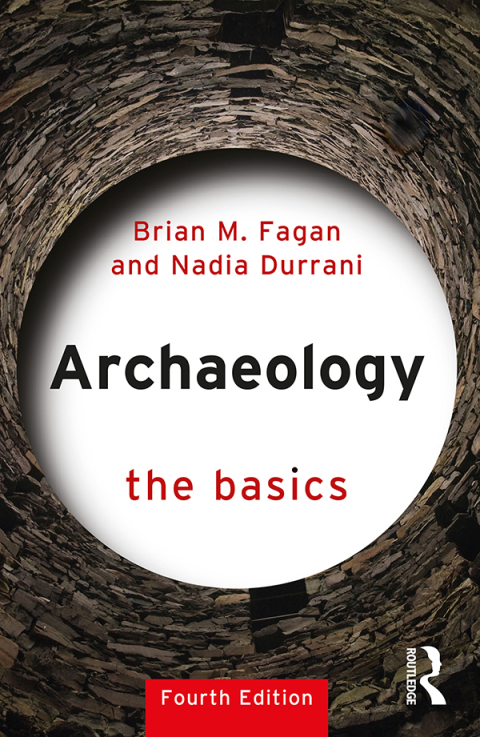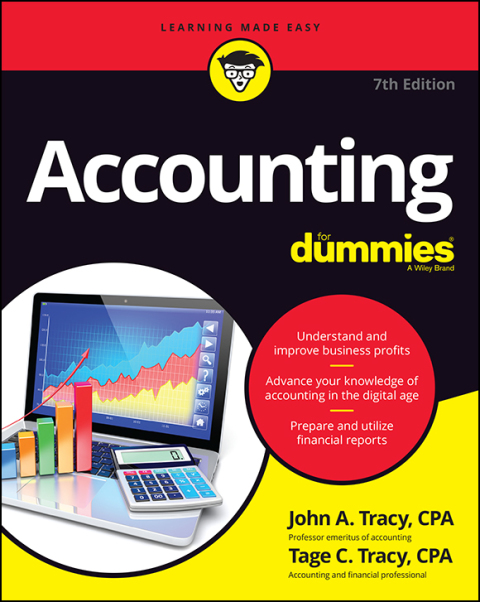Description
Efnisyfirlit
- Cover Page
- Title Page
- Copyright Page
- Plates
- Figures
- Tables
- Acknowledgements
- 1. Museums: Learning and Culture
- Towards the Post-Museum: The Challenge of Changing Times
- Changing Views of Learning
- The ‘Educational Turn’ In Museums
- Inspiration, Learning, Identity – The Potential of the Post-Museum
- 2. Calibrating Culture
- Government and the Remapping of Culture
- Cultural Policies: Education and the Measurement of Social Value
- The Challenge of Prioritising Learning In Cultural Organisations
- The Learning Impact Research Project (LIRP)
- Understanding ‘Measuring’
- Thinking About Learning Outcomes
- Conclusion
- 3. Conceptualising Learning In Cultural Organisations
- Learning: A Problematic Concept
- Edutainment
- Contemporary Ways of Thinking About Learning
- Tacit/Experiential Learning
- Depths and Levels of Learning
- A Critical Approach to Theories of Learning In Museums
- LIRP and Learning
- Conclusion
- 4. The Generic Learning Outcomes: A Conceptual and Interpretive Framework
- Learning and Its Strategies
- Developing an Appropriate Set of Generic Learning Outcomes for the Cultural Sector
- The Five Generic Learning Outcomes
- Piloting the GLOs and the Issues Arising
- The Value of the GLOs to the Cultural Sector
- Conclusions
- 5. The Research Programmes: Background and Method
- The Research Background
- Collecting Evidence of Learning In Museums: Five National Evaluation Research Studies
- Research Methods In the Three Linked RCMG Studies
- Questionnaires for Teachers and Their Pupils
- Gathering Evidence from Interviews, Focus Groups and School Case Studies
- Using the Free Drawing and Writing to Interpret Pupils’ Learning
- Conclusions
- 6. The Pattern of School Use of Museums
- Meeting Government Targets
- Which Schools Use Museums?
- The Geographical Locations of the Schools Using Museums
- How Do Teachers Use Museums?
- Museums and the Curriculum
- Multiple Objectives for Visiting Museums
- Conclusions
- 7. The Value of Museums to Teachers
- Teachers’ Attitudes to the Generic Learning Outcomes
- Pupils’ Attitudes to Their Own Learning
- The Importance of Museums In Teaching
- Conclusions
- 8. Pupils’ Learning Outcomes: The Teachers’ Views
- Enjoyment, Inspiration, Creativity
- Knowledge and Understanding
- Skills
- Attitudes and Values
- Action, Behaviour, Progression
- Conclusions
- 9. Pupils’ Learning Outcomes: Pupils’ Voices
- ‘The Whole Trip Was Inspirational’ (Enjoyment, Inspiration, Creativity)
- ‘When I Came Away My Brain Was Full of Things’ (Knowledge and Understanding)
- ‘It Helped My Social Skills’ (Skills)
- ‘I Never Thought Art Was Interesting or Cool, But Now I Will Have to Consider That Idea’ (Attitudes and Values)
- ‘After It Got Explained to Me, I Understood It (Action, Behaviour, Progression)
- Conclusions
- 10. The Characteristics and Significance of Learning In Museums
- The Power of Museum Learning
- The Integrated Domains of Learning
- Learning and Identity
- Becoming Visible (to Government) Through Performance
- Conclusions
- 11. Learning In The Post-Museum: Issues and Challenges
- Learning At a Glance
- Museum Curricula, Identity and the Politics of Recognition
- The Purposes of Museums and Education
- Issues for the Future
- Notes
- Bibliography





